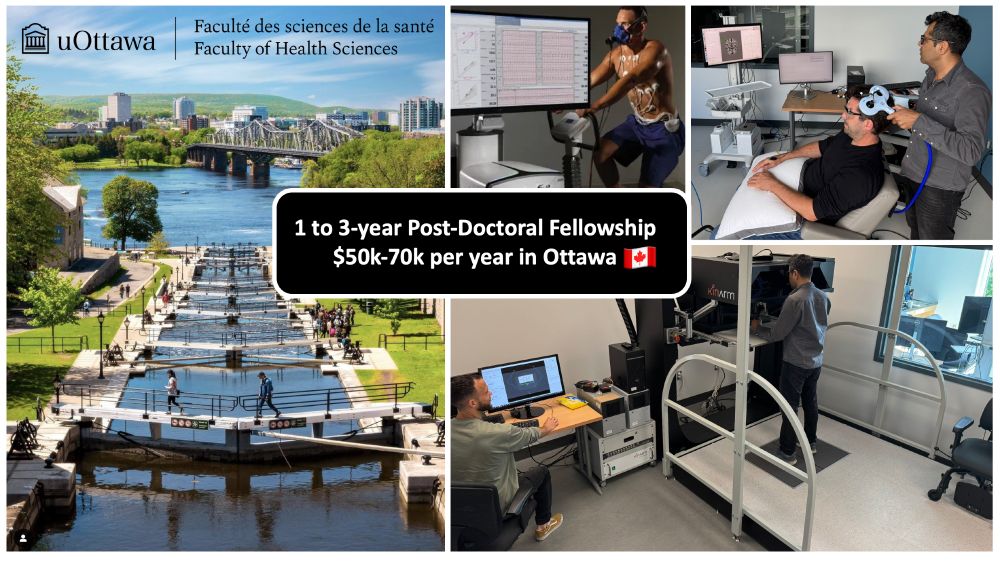
Effort usually boosts performance - but not always. We discuss 4 domain-general factors that modulate effort-performance (de)coupling: osf.io/preprints/ps...
TL;DR: A framework on when and why effort-performance links appear to change across domains, timescales & measures.
🧵
Thank you for taking the time and for the really engaging discussions @ashenhav.bsky.social🙏

Thank you for taking the time and for the really engaging discussions @ashenhav.bsky.social🙏
Using very cool games (🦀🎰🐷🃏),
@sebraem.bsky.social showed when and how individuals flexibly adapt their learning across different environments.
We enjoyed a day packed of valuable discussions and delicious food!

Using very cool games (🦀🎰🐷🃏),
@sebraem.bsky.social showed when and how individuals flexibly adapt their learning across different environments.
We enjoyed a day packed of valuable discussions and delicious food!
It was wonderful to visit each other’s labs again and enjoy a fun evening together ✨
Already looking forward to the next one!

It was wonderful to visit each other’s labs again and enjoy a fun evening together ✨
Already looking forward to the next one!
Annual reminder that the book is open access.
How do we think of the brain as a deeply interconnected system with highly distributed, non hierarchical processing.
Want to learn about the brain from a fresh perspective?
#neuroskyence
mitpress.mit.edu/978026254460...

Annual reminder that the book is open access.
How do we think of the brain as a deeply interconnected system with highly distributed, non hierarchical processing.
Want to learn about the brain from a fresh perspective?
#neuroskyence
mitpress.mit.edu/978026254460...
www.psychologytoday.com/ca/blog/the-...

www.psychologytoday.com/ca/blog/the-...
uni-tuebingen.de/fakultaeten/...
uni-tuebingen.de/fakultaeten/...
Thanks for joining the hitchhike journey through the #effort research universe.
Interested, check our preprint together w/ @wanjawolff.bsky.social & @israelhalperin.bsky.social
➡️ osf.io/preprints/ps...

Thanks for joining the hitchhike journey through the #effort research universe.
Interested, check our preprint together w/ @wanjawolff.bsky.social & @israelhalperin.bsky.social
➡️ osf.io/preprints/ps...
If you're interested in our recently published work on this topic ➡️ doi.org/10.1016/j.ps...

If you're interested in our recently published work on this topic ➡️ doi.org/10.1016/j.ps...
People minimize effort & especially time costs for their exercise goals, even when they know it’s not the most effective way!
w/ @corimartarelli.bsky.social, @mbieleke.bsky.social, and @wanjawolff.bsky.social

People minimize effort & especially time costs for their exercise goals, even when they know it’s not the most effective way!
w/ @corimartarelli.bsky.social, @mbieleke.bsky.social, and @wanjawolff.bsky.social
Had a blast presenting our thoughts on optimal lab technology for complex questions at #ISSP in Hong Kong.
Interested? Check out our @cmdn-lab.bsky.social & @dhprlab.bsky.social preprint w/ @sgluth.bsky.social & Johannes Keyser: osf.io/preprints/ps...

Had a blast presenting our thoughts on optimal lab technology for complex questions at #ISSP in Hong Kong.
Interested? Check out our @cmdn-lab.bsky.social & @dhprlab.bsky.social preprint w/ @sgluth.bsky.social & Johannes Keyser: osf.io/preprints/ps...
Curious about our talks? Stay tuned 🙌🏼😌
@wanjawolff.bsky.social @senaozayotgonbayar.bsky.social @katjarewitz.bsky.social @lukas-hack.bsky.social
Together w/ @corimartarelli.bsky.social, @mbieleke.bsky.social, and Darias Holgado.


Curious about our talks? Stay tuned 🙌🏼😌
@wanjawolff.bsky.social @senaozayotgonbayar.bsky.social @katjarewitz.bsky.social @lukas-hack.bsky.social
Together w/ @corimartarelli.bsky.social, @mbieleke.bsky.social, and Darias Holgado.
Check out the post below, in case you're interested! ⬇️
If you’re interested in how the explore–exploit framework helps us study decision-making in sports and exercise, check it out!
w/ @nicoschuck.bsky.social & @wanjawolff.bsky.social
www.sciencedirect.com/science/arti...

Check out the post below, in case you're interested! ⬇️
“Goals shape dynamics of attention and selection for value-based decision-making”.
🔗 osf.io/preprints/ps...
“Goals shape dynamics of attention and selection for value-based decision-making”.
🔗 osf.io/preprints/ps...
Check out the post below, in case you're interested!⬇️
w/ @katjarewitz.bsky.social & @corimartarelli.bsky.social, we used Bayesian network analyses to study the relationship between exercise boredom, effort value & self-reported exercise behavior.
TL;DR: high boredom & low value -> less exercise
www.sciencedirect.com/science/arti...

Check out the post below, in case you're interested!⬇️
You can spend three (German, but hopefully not boring) minutes watching it here: www.ndr.de/fernsehen/se...
P.S. Thumbnail is not footage from our lab 😁

If you’re interested in how the explore–exploit framework helps us study decision-making in sports and exercise, check it out!
w/ @nicoschuck.bsky.social & @wanjawolff.bsky.social
www.sciencedirect.com/science/arti...

If you’re interested in how the explore–exploit framework helps us study decision-making in sports and exercise, check it out!
w/ @nicoschuck.bsky.social & @wanjawolff.bsky.social
www.sciencedirect.com/science/arti...
Check out the post below, in case you're interested!⬇️
- We tracked boredom-related & diffculty-related effort dynamics & assessed how they covary with changes in electrodermal activity
Led by Vanessa Radtke & w/ @corimartarelli.bsky.social
www.sciencedirect.com/science/arti...

Check out the post below, in case you're interested!⬇️
Prof. Dr. Martin Behrens told us about psychometric measures and neurophysiological approaches towards fatigue in his “Updated Fatigue Framework” talk.
Thank you for taking the time and really nice discussions! 🙏

Prof. Dr. Martin Behrens told us about psychometric measures and neurophysiological approaches towards fatigue in his “Updated Fatigue Framework” talk.
Thank you for taking the time and really nice discussions! 🙏


Read this phrase before? When everything you read starts to blur toghether, blame the LLM 😜 With @wanjawolff.bsky.social , we discuss why this happens, how it increases boredom at scale, and why it becomes increasingly hard to escape.
Interested? Delve into it below ⬇️

You can spend three (German, but hopefully not boring) minutes watching it here: www.ndr.de/fernsehen/se...
P.S. Thumbnail is not footage from our lab 😁

You can spend three (German, but hopefully not boring) minutes watching it here: www.ndr.de/fernsehen/se...
P.S. Thumbnail is not footage from our lab 😁

